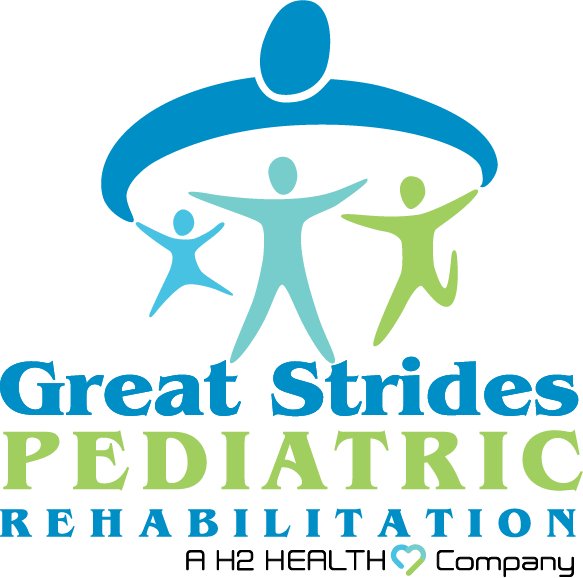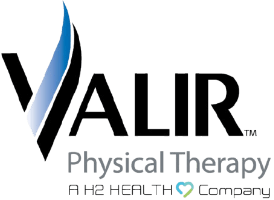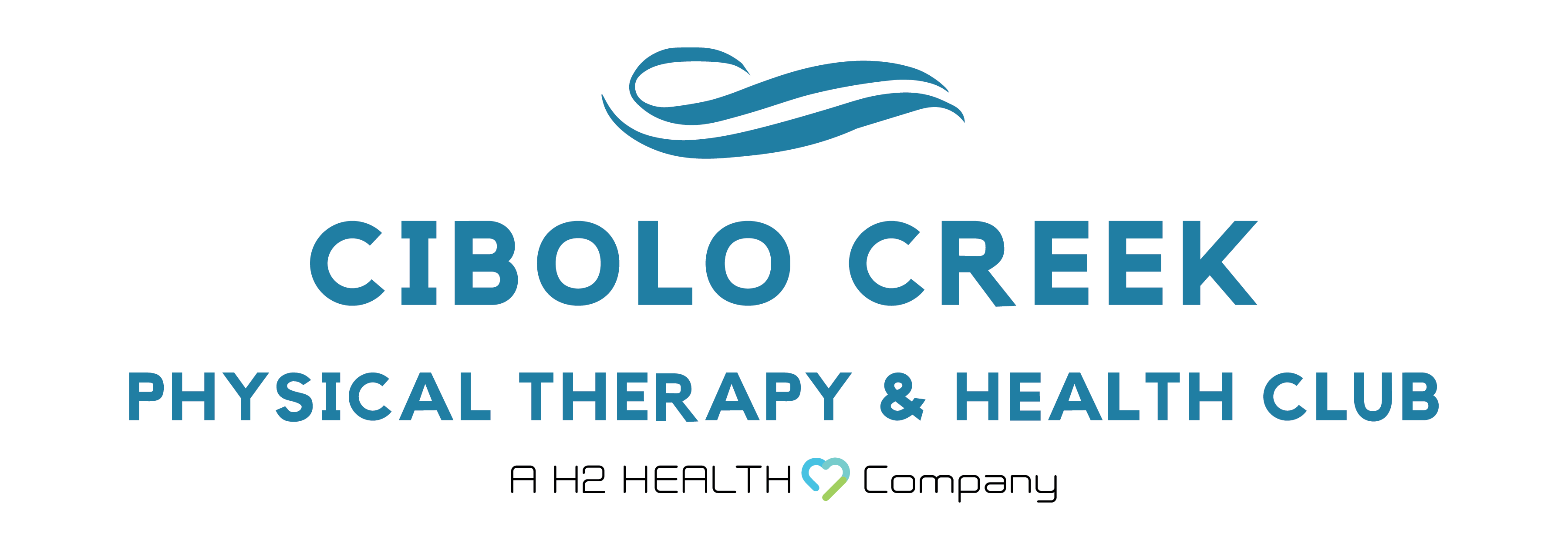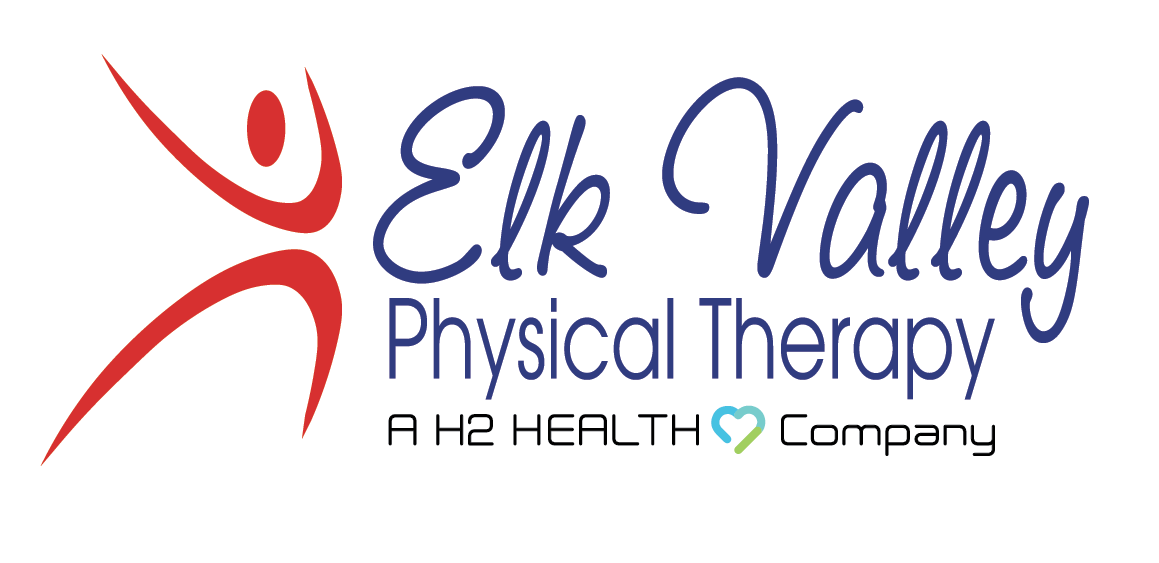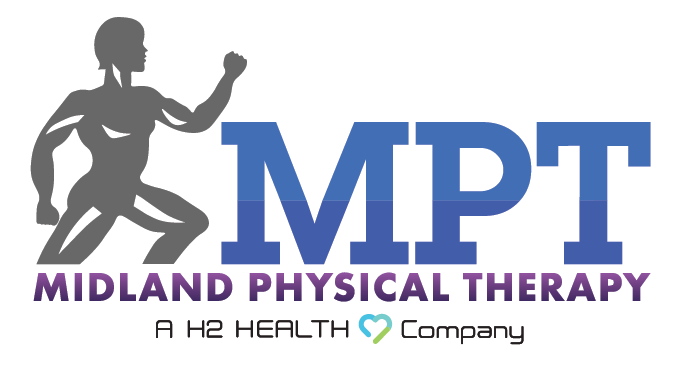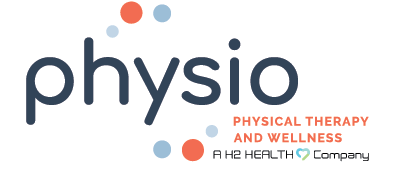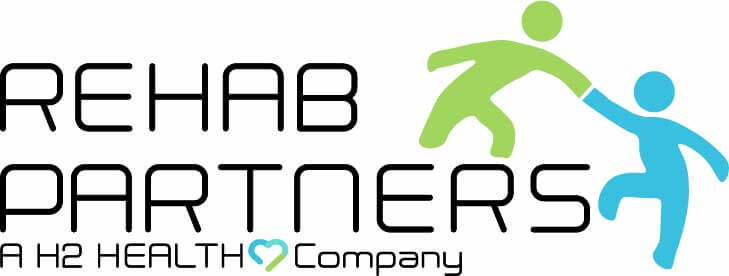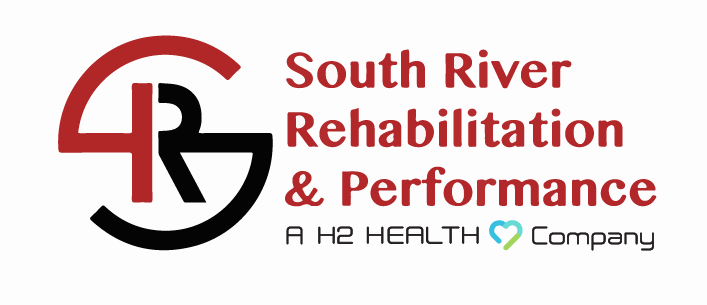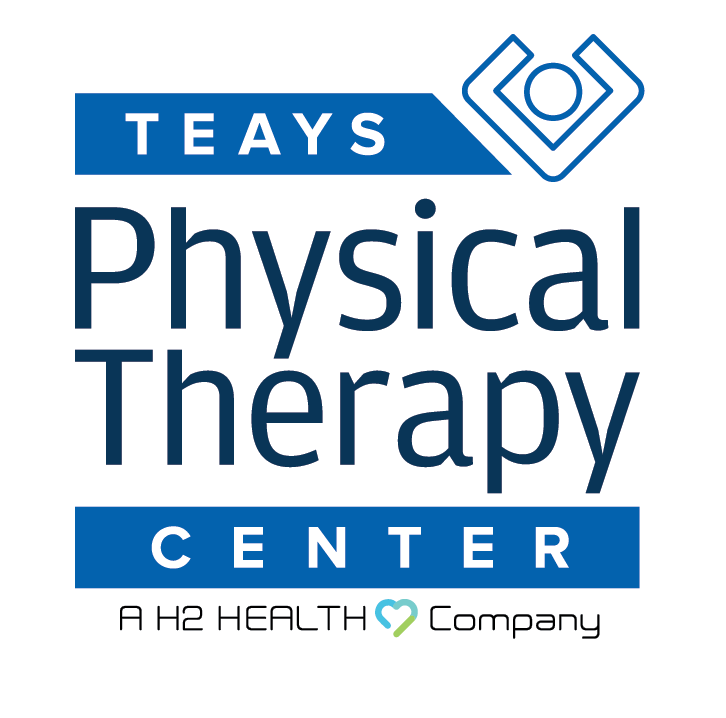Pediatric Occupational Therapy
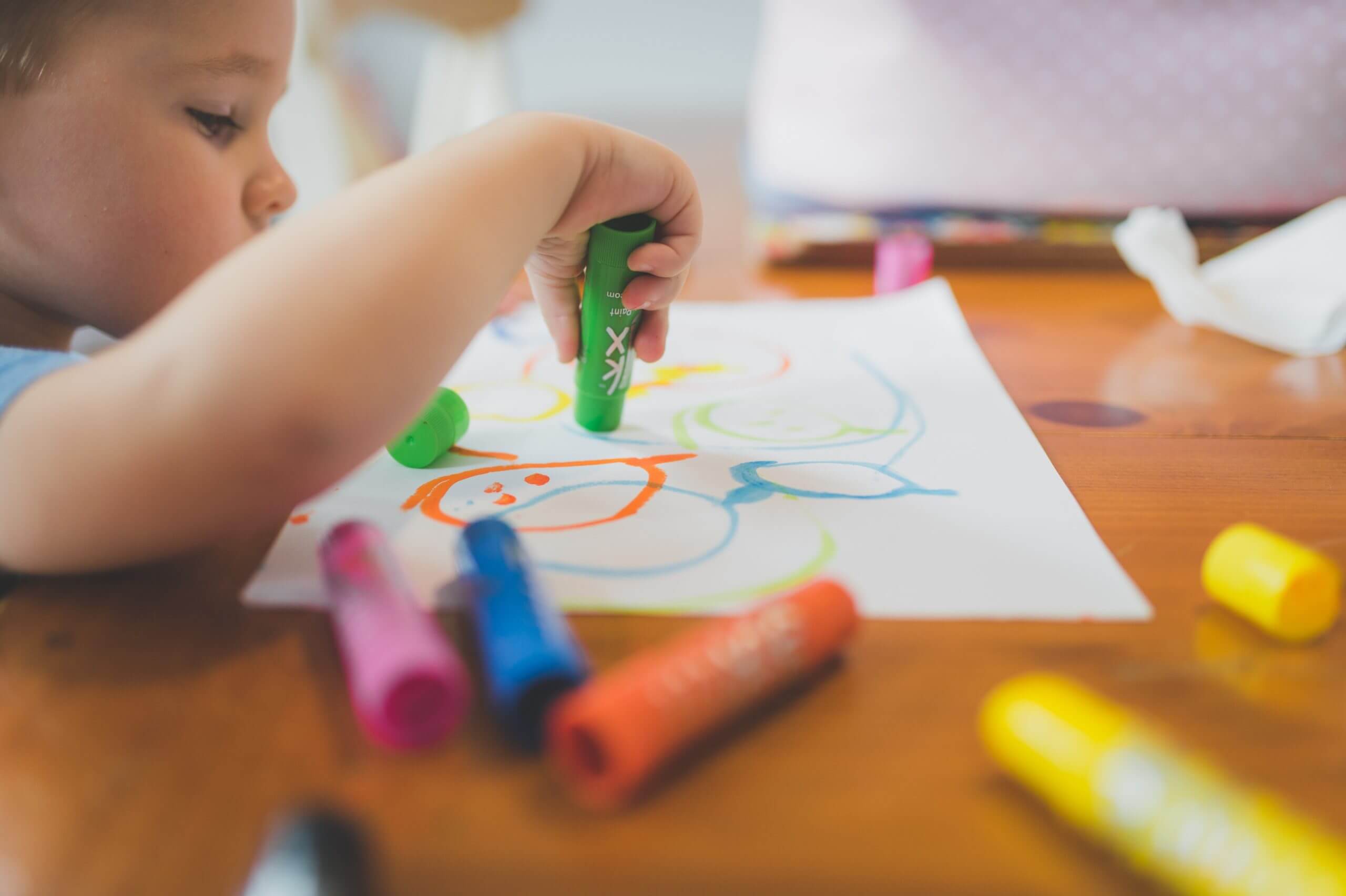
Occupational therapy for children is a type of therapy that helps children develop the skills they need to perform everyday activities. Occupational therapists work with children of all ages, from infants to teens. They use a variety of techniques, including play, to help children develop the skills they need.
Occupational therapy can help children with a wide range of issues, including developmental delays, physical disabilities, and mental health conditions. Occupational therapy can also help children learn new skills, such as how to dress themselves or how to use utensils. We specifically work with children on:
- Activities of daily living
- Upper body strengthening
- Fine motor control
- Visual training
- Sensory integration
- Play and social skills
- Sensory feeding disorders
Kentucky
100 Kiana Court, Suite A
Paducah, KY 42001
(270) 443-0681
Learn More
Virginia
2131 College Avenue
Bluefield, VA 24605
(276) 352-4896
Learn More
104 North Sanders Avenue
Chilhowie, VA 24319
(276) 646-8774
Learn More
5286 Alexander Road
Dublin, VA 24084
(540) 674-6400
Learn More
1113 Carrollton Pike
Hillsville, VA 24343
(276) 728-0700
Learn More
580 N Main Street
Rural Retreat, VA 24368
(276) 686-7009
Learn More
126 Mill Lane
Salem, VA 24153
(540) 387-4311
Learn More
164 Campbell Lane
Tazewell, VA 24651
(276) 988-5946
Learn More
6515 Williamson Road
Roanoke, VA 24019
(540) 366-2243
Learn More
800 E Main Street, Suite 160
Wytheville, VA 24382
(276) 228-6200
Learn More
4365 Starkey Lane
Roanoke, VA 24018
(540) 527-5068
Learn More
Florida
12276 San Jose Blvd., Suite 508
Jacksonville, FL 32223
904-886-3228
Learn More
6871 Belfort Oaks Pl, Suite 200
Jacksonville, FL 32216
904-886-3228
Learn More
430 College Drive, Suite 107
Middleburg, FL 32068
904-886-3228
Learn More
450061 State Road 200, Suite 3
Callahan, FL 32011
904-886-3228
Learn More
1764 Tree Blvd., Unit 2
St. Augustine, FL 32084
904-886-3228
Learn More
250 Land Grant Ave. St. Augustine, FL 32092 904-886-3228 Learn More
Texas
1600 Coulter St Suite 404, Building D
Amarillo, TX 79106
(806) 468-7611
Learn More
1325 W. Wilson
Borger, TX 79007
(806) 274-9856
Learn More
3501 S. Loop 289
Lubbock, TX 79423
(806) 796-1774
Learn More
450 E. Loop 281, Suite B1
Longview, TX 75601
(903) 757-7731
Learn More
2301 S Broadway Ave, Suite B10
Tyler, TX 75701
(903) 884-7500
Learn More
716 Indian Trail, Suite 140
Harker Heights, TX 76548
254-213-2952
Learn More
213 Mill Creek Drive, Suite 105A
Salado, TX 76571
254-308-2028
Learn More
How Can Occupational Therapy Help My Child?
Many children have difficulties with motor skills, sensory processing, or mental health. These difficulties can make it hard for them to succeed in school and in social situations. Occupational therapy can help children with these issues by teaching them the skills they need to function in their everyday lives.
Occupational therapy can help to improve a child's self-esteem by helping them to see their strengths and capabilities. They can also assist with attention disorders by working with the child and parent on a plan specific to their needs and environments. OT can address hand, arm, and upper body injury recovery. OT can address any daily activity needs from dressing to handwriting to feeding and much more. Occupational Therapy works closely with the family and the child to design a plan specific to the child's life and needs. As a result, occupational therapy can be an invaluable resource for children and their families.
What to Expect From the First Few Sessions
Parents often ask what the first few occupational therapy sessions will be like for their child. Here's what you can expect:
- We will ask questions about your child's development, medical history, and current symptoms. This information will help the therapist understand your child's needs and develop a treatment plan.
- The therapist will observe your child in action. The therapist may watch your child play, eat, or perform other activities. This will help the therapist identify areas of difficulty and potential goals for treatment.
- After observing your child, the therapist will work with you to develop specific goals for treatment. These goals may target skills such as fine motor coordination, self-care skills, or social skills.
- The therapist will then create a treatment plan to help your child reach these goals. Treatment may involve activities, exercises, games, and/or equipment. The therapist will also provide guidance on how you can support your child's progress at home.
- The first few occupational therapy sessions are an important time for assessing your child's needs and developing a plan to help them reach their fullest potential. By working closely with the therapist, you can ensure that your child gets the most out of therapy.
By the end of the initial evaluation process, you should have a good idea of what therapy will entail and how it can help your child reach their full potential. We are here to answer any questions you may have along the way. Find our nearest location to get the services you need.

